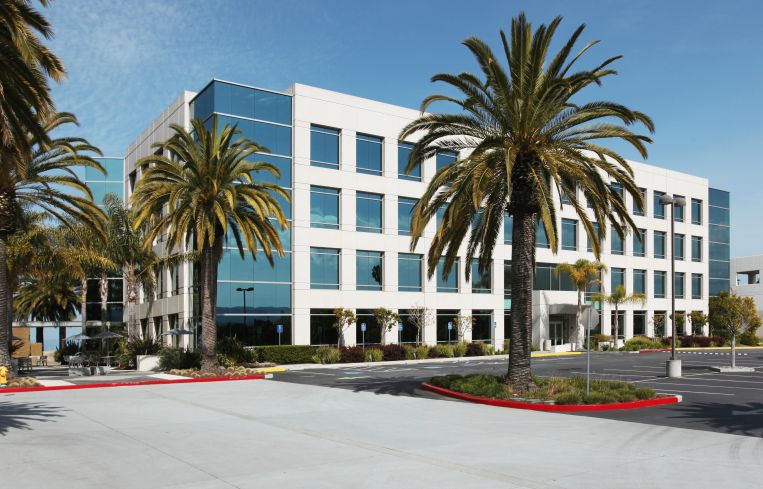Workspace Property Trust Secures Refinancing on $1.3B CMBS Loan Portfolio
Workout secures 2-year extension on 10M-SF suburban commercial office and industrial portfolio
By Brian Pascus July 5, 2023 12:29 pm
reprints
The nation’s preeminent developer of suburban commercial office space has modified and extended a $1.3 billion commercial mortgage-backed securities (CMBS) facility for a nearly 10 million-square-foot real estate portfolio, Commercial Observer has learned.
Workspace Property Trust secured a two-year extension for $1.3 billion worth of loans backed by a 146-building portfolio of suburban office, light industrial, R&D facilities and flex industrial properties. Altogether, this Workspace portfolio spans 14 leading metropolitan markets, including Atlanta, Chicago, South Florida and Silicon Valley, and does not include the additional 9 million square feet of Class A office space the company holds in 59 U.S. properties across various markets.
Iron Hound Management, a New York-based firm that specializes in commercial debt, equity and loan restructurings, oversaw the refinancing process for Workspace.
Workspace’s executive leadership said that it expects to use its revamped balance sheet to invest in leasing operations and building enhancements in key market sectors.
“Getting this deal done in what many have described as the most challenging real estate market in decades was no small feat and is testament to the underlying strength of our portfolio, the resilience of the suburban office sector, the promise of our pipeline and the capabilities of Workspace’s vertically integrated national platform,” Thomas Rizk, co-founder and CEO of Workspace, said in a statement.
The workout for Workspace’s massive suburban commercial office portfolio comes shortly after the firm teamed with CBRE Strategic Investment Consulting on a national real estate survey that concluded suburban commercial office markets are now outperforming downtown commercial office locations in multiple metrics.
Workspace and CBRE data found that over the past three economic downturns suburban office submarkets have experienced smaller declines in both rent growth and absorption rates, and have experienced much steadier vacancy rates than their downtown office peers.
Data from 2022 found that suburban office had a national vacancy rate of 17.2 percent compared to a central business district office average vacancy rate of 17.6 percent, the first tightening in that metric in 33 years.
“The CBRE data … is a clear and resounding affirmation that today’s most progressive companies — large and small — are investing in suburban markets, reversing decades of legacy thinking,” said Roger W. Thomas, co-founder, president and COO of Workspace, in a statement.
Rizk echoed Thomas’s comments and added that when they started Workforce Property Trust in 2015, suburban office was seen as “a contrarian bet.” Rizk said suburban office has experienced a significant shift in popularity since the pandemic, due mainly to the desire of employees to reduce commuting time.
“Suburban office is benefiting from a foundational demographic shift to suburban submarkets in gateway metropolitan areas across the country where the quality of the work experience is the defining factor in leasing decisions,” said Rizk. “New patterns of work and new demands by our tenants and their employees directly translate into the need for new long-term real estate innovation.”
Brian Pascus can be reached bpascus@commercialobserver.com



